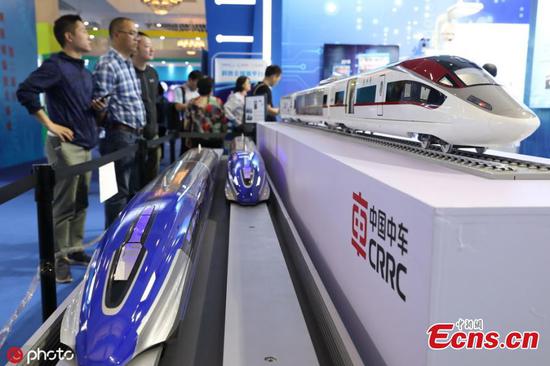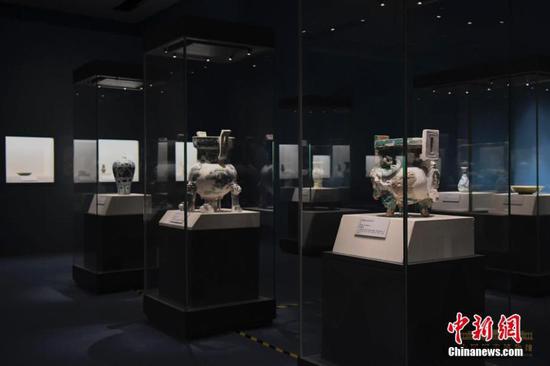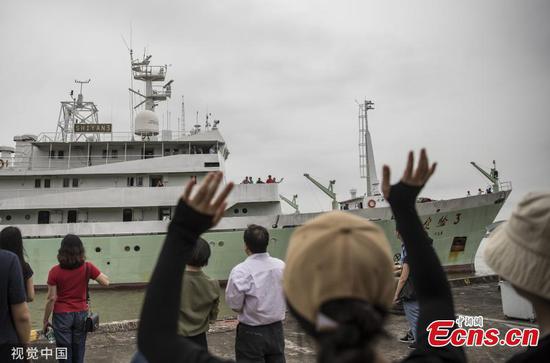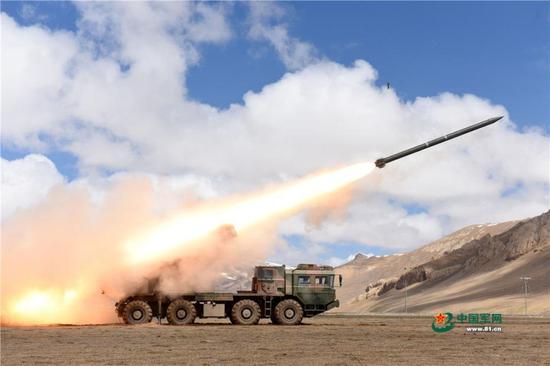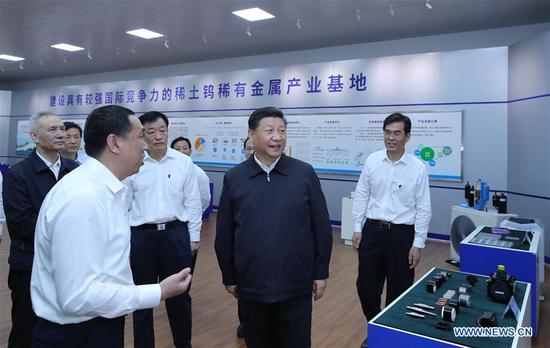Flip-flopping by the U.S. during trade consultations with China is not conducive to reaching agreements.
The United States has increased additional tariffs on 200 billion U.S. dollars' worth of Chinese goods from 10 percent to 25 percent on May 10 and threatened to raise tariffs on a further 300 billion dollars' worth of Chinese imports.
As a result, trade consultations have been hindered. But this is not the first time that the U.S. has reneged on its promises.
China and U.S. reached multiple consensuses on economic and trade issues and released a joint communique in Washington in May last year. However, it took just days for the U.S. to abandon those same consensuses.
Again, last December, the two sides reached consensus on the value of Chinese purchases of U.S. goods. And then the U.S. side raised the asking price in subsequent negotiations.
This repeated flip-flopping by the U.S. has eroded its credibility and sent waves of uncertainty through the global economy.
The result has been postponed enterprise investment decisions and dampened external demand in some countries affected by disrupted supply chains.
The People's Bank of China issued a report on the implementation of monetary policies in the first quarter.
The report warned that trade frictions and policy uncertainties could further drag the global economy into high inflation, and add to the volatility of the financial market.
China has shown the greatest sincerity during negotiations with the United States, and repeatedly expressed the hope that the two countries can meet each other halfway and achieve a mutually beneficial and win-win agreement on the basis of mutual respect, equal treatment and commitment.
Despite the U.S. tariff threat earlier this month, China acted in a responsible manner and still sent its delegation to Washington to continue consultations, once again demonstrating China's maximum sincerity.
However, a final deal cannot be reached without equal sincerity and respect from the U.S. side.
By slapping on these additional tariffs, the U.S. is using bullying tactics in an attempt to coerce China into accepting an unequal trade deal it cannot accept.
Only cooperation and consultation are the right way forward, and any settlement has to be based on respect of each other's core concerns. Any dialogue in which one party coerces the other with the aim of achieving a one-sided result can only derail consultations.
To reach a mutually beneficial, win-win agreement on the basis of mutual respect, equal treatment and commitment, the U.S. needs to stop flip-flopping and meet China halfway.











